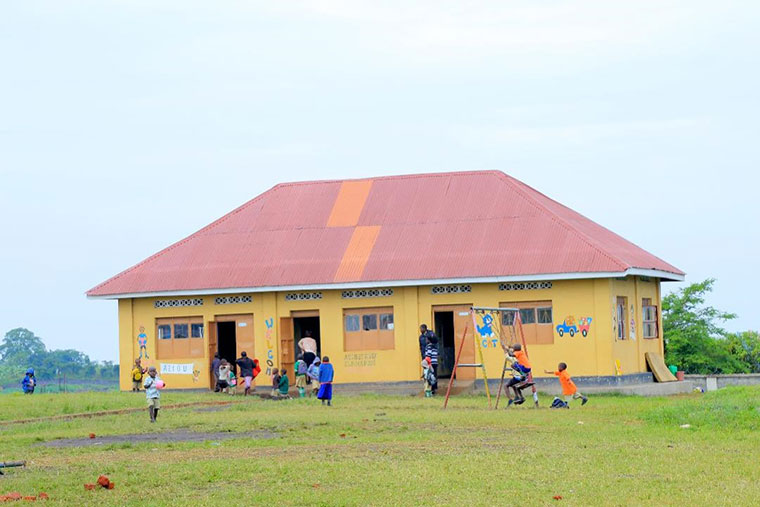The call to ban boarding schools in Uganda is gaining momentum, with increasing support within the Amanya Mushega-led education policy review commission. Advocates, including educationists and individuals, are pushing for the elimination of boarding schools as a significant reform in the education sector.
Professor Lawrence Muganga, the Vice-Chancellor of Victoria University, presented before the commission, urging the complete ban of residential or boarding schools for both primary and secondary levels. Muganga argues that these institutions do more harm than good to the education system, contending that parents are relinquishing their responsibilities by entrusting their children to such schools.
Muganga highlights the restrictive nature of boarding schools, stating that they limit students’ thought processes and enforce a specific way of functioning that doesn’t align with the diverse post-school world. He likens these schools to prisons, which parents pay for to have their children confined. Muganga argues that boarding schools fail to provide learners with necessary experiences like interaction and socialization with diverse communities and age groups, contributing to the development of negative behaviors.
Supporting Muganga’s stance, other participants note that boarding schools were initially tools for missionary schools, aimed at influencing students’ thinking and evangelization. The suggestion to ban boarding schools aligns with the goal of promoting a decentralized model, encouraging parents to enroll their children in nearby schools within their communities, fostering community and parental involvement in education.
The commission has been actively exploring the relevance of boarding schools, seeking insights from various experts who question their importance in the education system. Last year, Professor Nyeko Pen-Mogi expressed deep concern about sending three-year-old toddlers to boarding schools, labeling it as “madness.” His comments coincided with a tragic school dormitory fire in Masaka City.
The call to ban boarding schools is gaining traction in Uganda, echoing policy adjustments in neighboring countries like Tanzania and Kenya. Kenya’s Ministry of Education abolished boarding schools for students up to grade nine in 2022, emphasizing the need for children at that age to be under the care of their parents or guardians.
While Uganda has expressed an inclination toward discouraging boarding schools, there’s been no formal implementation or formalization of this intent. Some public voices acknowledge the practical challenges parents face, such as demanding work schedules, limiting options other than sending children to boarding schools.
The Mushega-led commission, overseeing the education policy review, holds the responsibility of carefully assessing all relevant factors and formulating decisions that consider the diverse needs and challenges faced by parents. The government will then collaborate with stakeholders to implement any proposed changes, ensuring alignment with the best interests of students, parents, and the broader community.
Uganda’s history with boarding schools involves their introduction by missionaries and later adoption by the government in national secondary schools. In the early 2000s, private schools popularized boarding sections, initially for candidates and later expanded to include various classes, even admitting pre-primary students.




















